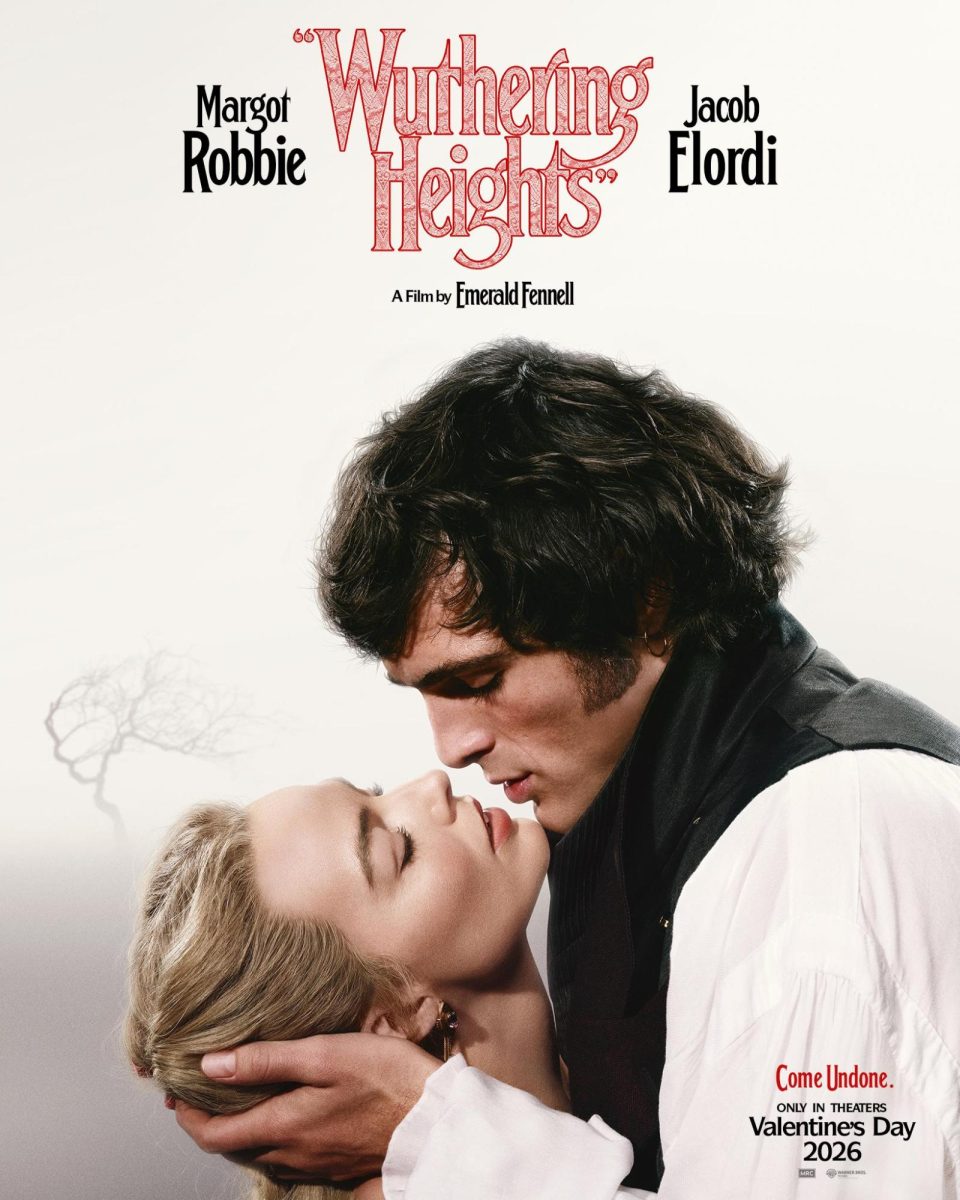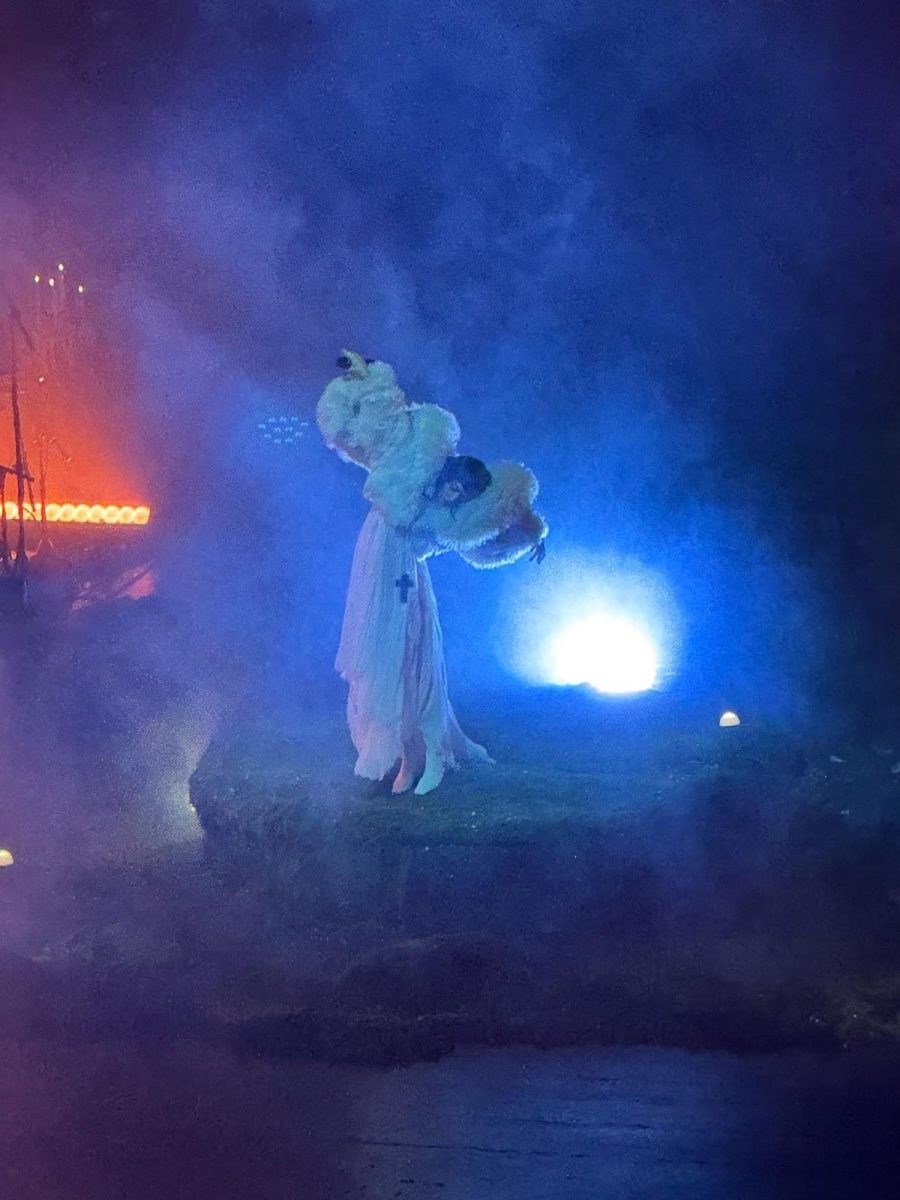I’ve never been that into K-pop. While this may be an obnoxious way to begin a review of a K-pop album like IU’s LILAC, when writing about a genre like this, it feels necessary to establish one’s position right away. K-pop feels like more than a genre, driven by an amorphous, morally grey, all-powerful Twitter community of “stans.” Stans, for better or for worse, have left an indelible mark on K-pop: in the economy of signifiers we increasingly use to negotiate our identities, liking K-pop feels like the sort of choice that would label you as a “type of guy.” Put otherwise, it can feel like there’s a clear line in the sand that separates those who listen to K-pop and those who don’t.
Beyond that, there’s the simple fact that K-pop is, mostly, Korean-language pop. Parasite director Bong Joon-Ho mocked the “one-inch-tall barrier of subtitles” that English-speaking audiences can’t seem to clear when it comes to foreign-language films, but the barrier can feel insurmountable for foreign-language lyrics, for which translations are scanty and often unreliable.
These two factors, a clear ingroup-outgroup boundary encircling the genre and linguistic confusion leading to lyrical obscurity, can make criticism of K-pop difficult for an outsider to the genre. IU is, of course, anything but an outsider to the world of K-pop. She’s been in the music game since she was 15 and released LILAC, her fifth studio album, as she turned 29 in Korean age (in Korean age, you are born at the age of one, and your age increases by one with each new year). It seems fair to say that IU could not have put out LILAC at any other age. LILAC is an album about surveying the rubble of your twenties and picking at shards of memory, not just the glimmering fragments of your best past selves, but also the singed photographs of exes and old friends. It is about the queasy recollection of moments where you gambled and lost, and above all, the flat realization that you are here, now, looking back at the end of an era.
This may seem like a lot of talk, but IU walks the walk with her thoughtful lyricism. When she asks, “I hope the last page of us is well written/ What kind of goodbye can be this perfect?” over a thumping drumline and driving rhythm guitar on the title track, “LILAC,” the question is rhetorical. We can never know, after all, when or even how well-written our last page will be. IU recognizes that life does not always imitate art, which consoles us with its neat and memorable endings, and ties up its threads in a way that life rarely does.
Life’s hanging threads run loose through the album. After a couple of middling tracks—namely, the infectious but insubstantial “Flu,” and “Coin,” which is three-plus minutes of a metaphor that isn’t even worth one—comes “Hi Spring Bye,” an 80s-style ballad that conjures up images of whirling karaoke screens with a soaring synth and the murmur of drum machine hi-hats. It begins, “Your name that used to hurt me/ Is no longer a regret,” but ends by peeling that patina of confidence off, “So that we can come across each other/ On a different street every day/ I’m walking diligently/ I’ll wait for you like this.” It’s a painfully familiar feeling: what happens when the breakup song ends, and all you’re left with is a broken heart? The album rounds out its 36 minutes with the sweet and pensive closer, “Epilogue,” which asks, “Were you happy to have known me?/ Were you content to have loved me?” The past songs that I sang for us/ Do they still give you comfort?” and pleads for a “yes” to all three, “Just that is enough for me to nod at my life.” An epilogue happens in the aftermath when the story’s all done, but it’s also a hint at further life, simultaneously an end and a beginning. Life moves on, it’s a simple aphorism, one with a difficult realization that provides both the key to “Epilogue” and a beautiful resolution to LILAC. It’s not just that the metaphorical hanging threads come into view as framing life’s tapestry; the metaphor breaks down entirely. Life, after all, is not a tapestry that we weave by ourselves—it’s something unbound by any metaphors and richly shaded by the past, which for IU is full of love, regret, hope, and pain.
You would not see IU’s lyrical talent shine through in the Western popular music press, which seems intent on papering over any glimmer of genuine artistic merit emerging from South Korea. Producing good-faith criticism as an outsider to K-pop is admittedly a difficult task, but Western reviewers make it seem impossible. At times, it seems like they simply couldn’t be bothered to actually spend time with the lyrics. How else could one make the misguided assertion that IU’s LILAC is “pure pop escapism,” which NME did so confidently as to make it the byline for their review of the album? How else could Beats Per Minute claim that LILAC is mostly “weightless and playful,” without citing a single lyric from the album? In their defense, it might be fair to pay less attention to IU’s lyrics and more to her production, especially since most listeners outside of Korea will approach her music from that angle. But IU has said herself that she deliberately stepped back from the production on LILAC: “When I looked at it from the perspective of a producer, I came to the conclusion that there’s no need for there to be a self-composed song by IU.” On the other hand, IU wrote all 10 songs on LILAC and was the sole songwriter of eight of those 10. If the lyrics are where the artist has left her personal mark, it’s bizarre to neglect them as thoroughly as these reviewers have done.
Even for someone unfamiliar with K-pop, it should be easy enough to see that LILAC is far from “pure pop escapism.” There are, of course, moments where unadulterated pop sunlight slips through the cracks: “Troll,” a reggae/hip-hop-influenced head-bopper which features rapper Dean playing the delightful role of “fuckboy ex-boyfriend that you can’t stop coming back to,” and “Celebrity,” the lead single, which serves as a painful reminder of the not-distant-enough past with its Chainsmokers-esque drops. However, a couple of songs aren’t enough to motivate a reading of the entire album as bubblegum-y pop excess. What NME and Beats Per Minute’s reviews reveal instead is a worrying tendency for Western pop music critics to neglect the lyrics and immediately label all K-pop as saccharine and shallow based on production alone. Far from escapism, LILAC embraces life and love, in all its contingencies.









